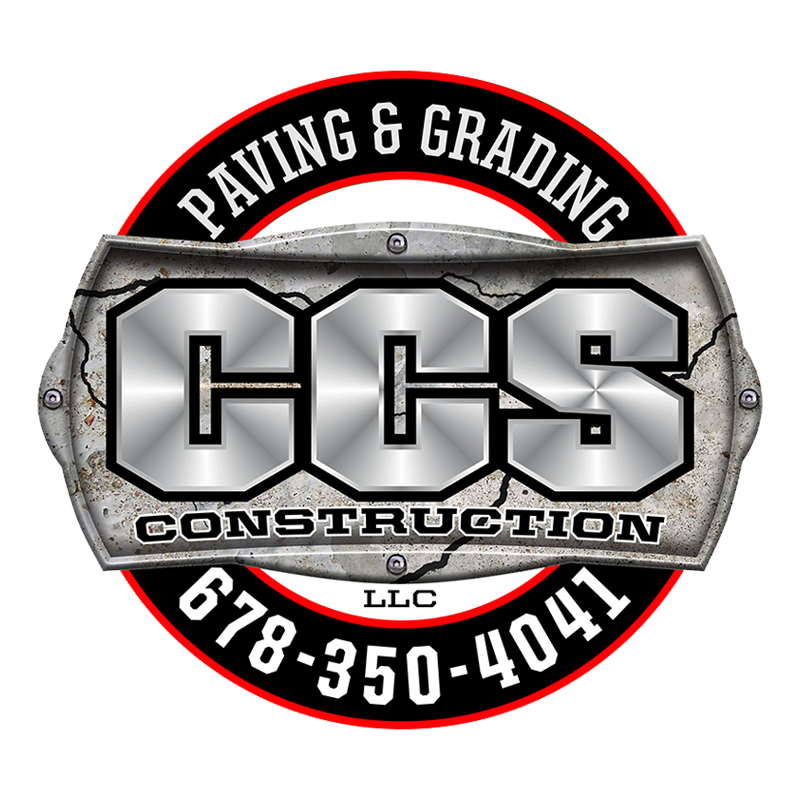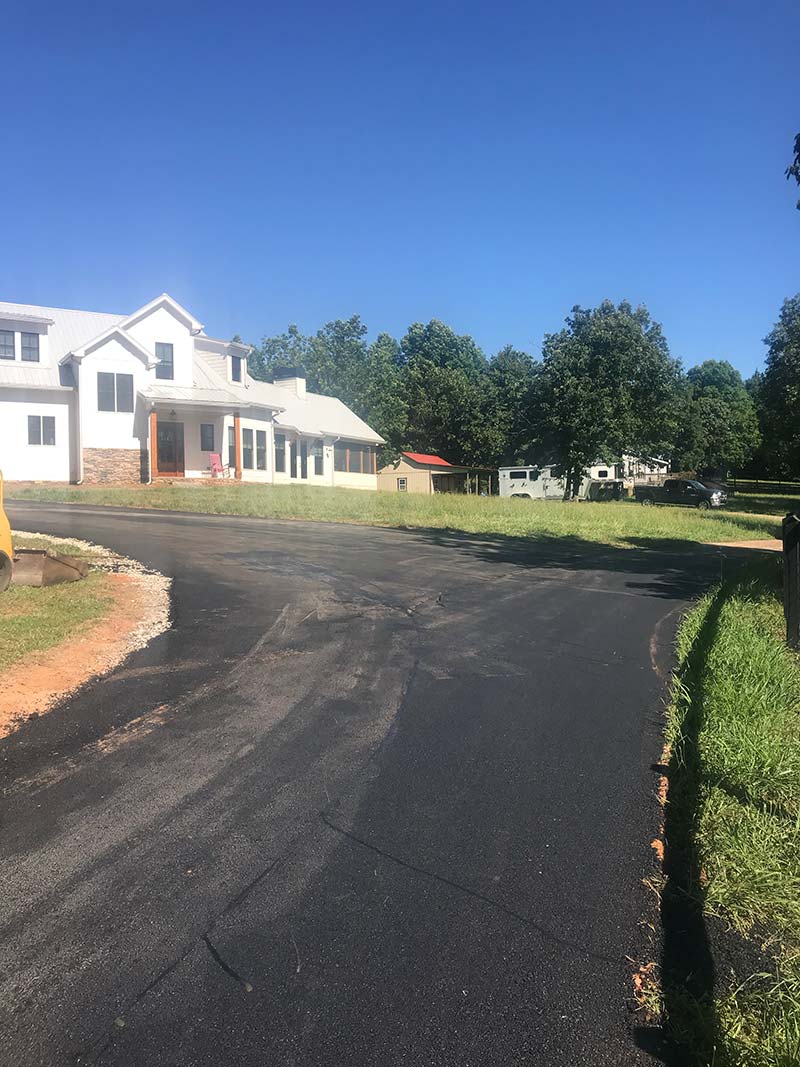How to Remove Oil Stains from Asphalt Driveways
Why Oil Stains Are a Problem for Asphalt
Oil and other vehicle fluids can seep into the porous surface of asphalt driveways. Over time, this breaks down the binding agents in the asphalt. That’s what causes the surface to soften, crack, or even start crumbling.
If you’re seeing shiny black or rainbow-colored patches on your driveway, that’s a sign oil has penetrated deep. The longer the oil sits, the more damage it can cause. That’s why early cleanup is always best. If left untreated, you may need asphalt repair or even a full replacement sooner than expected.
Tools and Supplies You’ll Need
Before you begin, gather the right supplies. You don’t need anything fancy to start—most of this can be done with things you already have in the garage.
- Stiff bristle brush or broom
- Kitty litter, baking soda, or sawdust
- Dish soap or degreasing detergent
- Pressure washer or hose with a strong nozzle
- Rubber gloves
- Optional: Commercial asphalt cleaner or degreaser
Once you have your tools ready, it’s time to tackle the stain.
Step-by-Step Guide to Cleaning Oil Stains
Step 1: Soak Up Fresh Oil
If the oil is still wet, start by blotting it up. Pour a generous amount of kitty litter, baking soda, or sawdust over the spill. Let it sit for 30 minutes to an hour to absorb the oil.
Sweep up the material and dispose of it safely. Don’t hose it down a storm drain—that can contaminate local waterways.
Step 2: Scrub the Stain
Now it’s time to attack what’s left. Mix warm water with a few squirts of dish soap or a degreasing detergent. Pour the mixture over the stain, then scrub the area with a stiff-bristle brush.
Scrub in circles, pressing firmly to work the soap into the pores of the asphalt driveway. This loosens the oil and brings it to the surface.
Step 3: Rinse Thoroughly
Rinse the spot with a hose or pressure washer. A nozzle with strong water pressure will help clear out any remaining residue.
If the stain is still visible, repeat the scrubbing process. Some stains may take two or three rounds to fade completely.
For Old or Stubborn Stains
Older stains are harder to remove, but not impossible.
Try a commercial degreaser made for asphalt driveways. Apply it as directed on the label, usually letting it sit for 15 to 30 minutes before scrubbing and rinsing. Just make sure the product is asphalt-safe—harsh chemicals can damage the surface or strip away sealant.
Another option is to use a homemade paste with baking soda and water. Spread it thick over the stain and let it dry, then scrub and rinse.
Finish With Driveway Sealcoating
Once you’ve removed the oil, protect the surface by applying driveway sealcoating. Sealcoating adds a protective layer that keeps oil, water, and UV rays from getting into the surface of your north Georgia asphalt driveway.
We recommend sealing your driveway every 2 to 3 years. It keeps your pavement looking fresh and helps prevent small problems from becoming expensive repairs.
If oil has caused major damage already, it might be time for asphalt repair or even a new install. Our crew at CCS Construction can assess your driveway and walk you through what needs to be done.
Concrete Driveways vs. Asphalt Driveways
Wondering if oil cleanup is different for a concrete driveway? The truth is, it can be tougher. Concrete is more porous and tends to absorb oil deeper into the surface.
Concrete also stains easier than asphalt and is less forgiving to pressure washing. You can still use kitty litter and soap on concrete, but the stain might never come out completely. That’s why many homeowners in North Georgia prefer asphalt driveways. They’re easier to maintain and less prone to deep staining.
Why CCS Construction?
We’re your local experts in North Georgia asphalt driveway care. Whether you’re cleaning up an oil spill or looking for long-term driveway protection, our team’s here to help.
We design every solution to be cost-effective, durable, and tailored to your property. We use our tools, our knowledge, and our hands to build pavement that lasts.
Service Areas
Canton
Woodstock
Woodstock driveways often see heavy traffic, especially near growing neighborhoods and local shops. Our team works quickly and cleanly to keep your asphalt in solid shape.
Cartersville
From historic homes to newer developments, Cartersville has a wide variety of driveways. We specialize in both asphalt repair and upgrades to extend the life of your surface.
Kennesaw
FAQ: Removing Oil Stains from Asphalt Driveways
Can oil stains be removed completely from asphalt driveways?
Yes, fresh stains are usually easy to clean. Older stains may fade but not disappear fully without professional treatment.
Does pressure washing damage asphalt?
Not if done right. A strong rinse is okay, but don’t use the highest setting or a narrow-tip nozzle.
Will sealcoating cover up oil stains?
Only if the stain is fully cleaned first. Otherwise, it’ll bleed through the sealcoat over time.
How often should I clean my asphalt driveway?
At least once or twice a year. More often if you notice spills or stains.
What’s the best homemade solution for oil on asphalt?
Try baking soda or dish soap mixed with warm water. Scrub and rinse well.

